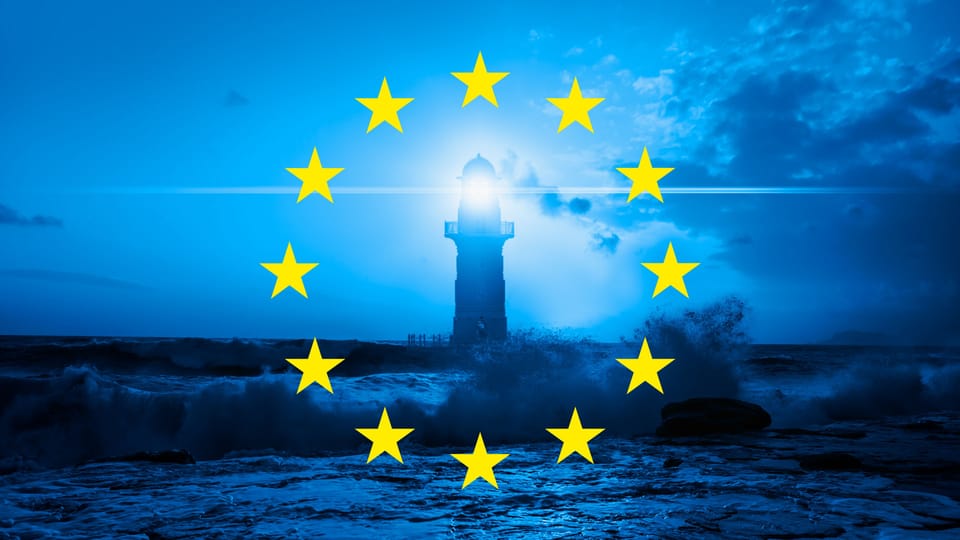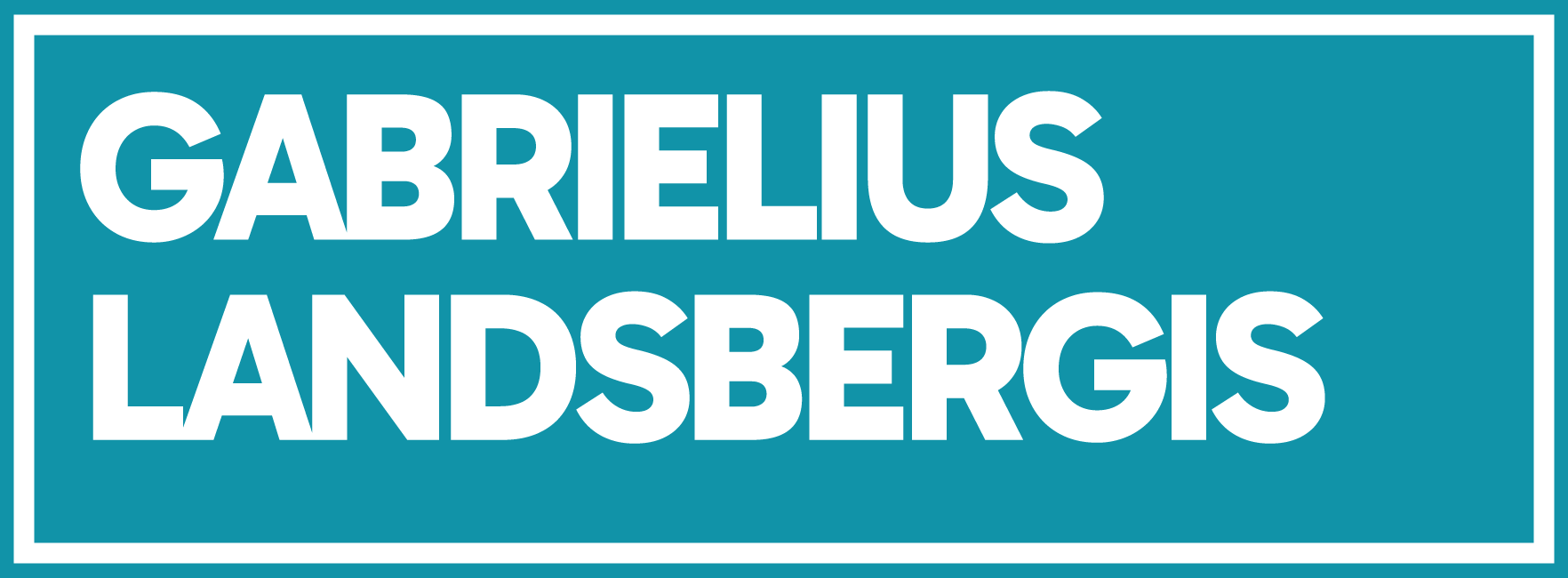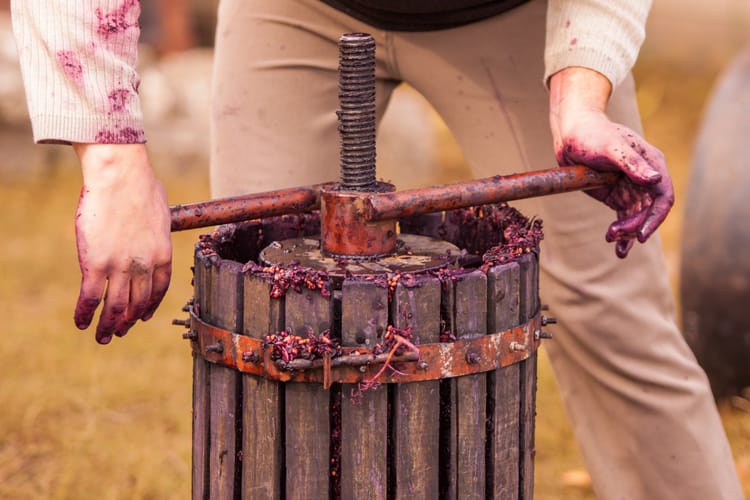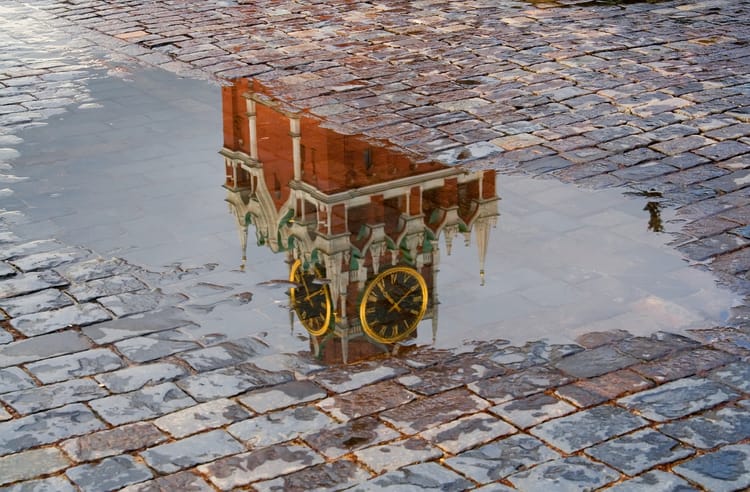Six ways to light the much-discussed European beacon of freedom

There has never been a better time for Europe to shine. As EU High Representative Kaja Kallas put it: the world needs a beacon of freedom—and the EU should become one. So here I will offer six ways to actually light the beacon.
Some Europeans still hope the US will turn back to us, thinking that Washington’s rhetoric is just noise, perhaps Trump and his team genuinely want to pressure allies into doing more, and once Europe proves itself, things will “go back to normal.” But such wishful thinking ignores the direction of US policy over the past decade.
The unravelling began with Obama’s pivot to Asia, was reaffirmed by Trump, and even under Biden—who presented himself as the last transatlanticist—the approach to Europe was more about honouring tradition than investing in the future.
No matter how much Europe may wish otherwise, the transatlantic relationship will never return to what was a “golden age” of unity. It’s possible that someday in the future the US will acknowledge the benefits of true partnership, so we must never close the door, but time is too precious to waste waiting.
It feels, despite our leaders understanding the stakes, like we are sleeping through our moment of destined greatness. But, my fellow Europeans, it wouldn’t be so hard to wake up and step into the role history has given us. Here’s how:
First: Get tough on internal disruptors.
Europe cannot act decisively if Hungary continues to undermine consensus. Hungarian interests no longer align with the vast majority of member states’, yet the entire continent is being held hostage. Left unchecked, the problem will grow. More elections will bring more disruptors, who may learn that opposing the collective European interest pays dividends.
It’s time to invoke Article 7 against Hungary, suspend their veto and stop rewarding blackmail. If we put serious pressure on Hungary now, any other potential disruptors will see that attempts to dismantle and weaken Europe don’t pay, and accordingly they will reconsider their plans and modify their rhetoric. On the other hand, if we wait, Hungary might build enough momentum to cement alliances within the Union to block any major decision. Right now we are just sitting on our hands and encouraging copycats.
Second: Help Ukraine win.
Trump does not look like he is interested in giving Ukraine leverage in future negotiations. So far, pressure has been directed at Ukraine, not Russia—effectively nudging Kyiv towards capitulation.
Furthermore, economic pressure alone won’t shift Moscow’s calculus. The only real leverage Ukraine—and the West—could have would be to credibly threaten Russia with defeat on the battlefield. That’s within our power. That’s all that would worry Putin. He is undoubtedly very happy that we have refrained from doing that for so long.
Ukrainians are holding the line with minimal support, relying on their own production. If we really do lack the capacity to supply them directly from our stocks, let’s help them manufacture what they need. This process has already started and it’s working—we just need more of it, and there is no easier way. We could accept the fact that a real diplomatic solution will only come after battlefield success.
Europe must not forget about its own power. Ukraine is under pressure to accept an impossible-to-accept minerals deal, but as a candidate country any such agreement could ultimately fall under EU treaty obligations. President Zelensky is right to request the European Commission’s legal opinion. Now is the moment to use Europe’s legal and institutional power in support of a candidate country and partner. Remember, if we don’t use our power, we’ll lose it.
Third: Pick up the slack left by the US
One immediate step could be to acquire Radio Free Europe. Even the name implies a pan-European obligation—no single country can take it on alone. We must demonstrate that we care about freedom of speech and will not cede the space vacated by the US to Russia or China.
This should be followed by a full review of European assistance programmes. The scars left by the withdrawal of USAID are painfully visible in places like Georgia. Those places lost both hard and soft support, leaving them vulnerable to slow, inexorable, de facto annexation by Moscow. Europe cannot afford to allow that to happen to our friends and fellow democracies.
Without European help, already battered civil societies will fracture. Meanwhile, Europe is spending billions without a clear strategic objective. With the US retreating, the goal is now obvious: rethink, regroup, and use our soft power to support freedom where it is now most threatened.
Fourth: Start serious preparations for enlargement.
The enlargement process is looking like it has stalled. When the Baltics were joining, the Commission worked just as hard as the candidate countries. Everyone was busy. The deadline—2004—was set. Let’s do the same now: set a date for eastern enlargement for 2030 and start serious preparations.
As it was in 2004, enlargement is now a geopolitical necessity. Welcoming Ukraine and Moldova would strengthen deterrence and provide stability. We may not get another chance like this.
Welcoming Georgia would also be beneficial to our continent and our Union, if we can find the will to reverse their slide into autocracy, a slide that happened on our watch.
Fifth: Don’t leave Denmark to face US coercion alone.
Washington appears determined to pursue its ambitions in Greenland, regardless of the damage to what remains of the transatlantic relationship. Our arguments about trust, stability, and marginal gain aren’t getting through. Denmark has done a remarkable job resisting bizarre demands, but it might not be enough.
Greenland left the EU in 1985. Perhaps now is the time to offer Greenlanders a path back. With Greenland in the EU, it would be politically more difficult for Trump to push an ultimatum. Even if they vote to break from Denmark, they could remain in the EU. We could provide investment and long-term support.
And who knows—this might even encourage Iceland or Norway to reconsider their position on joining the EU.
Sixth: Become a true foreign and defence policy union.
Europe must accept that geopolitical strength requires more federalization and joint action. Borrowing for defence is a good start, but if we’re serious about protecting the Eastern Flank—an additional 1.5% of spending won’t be enough, especially since many frontline countries are small. The EU should leverage its collective power to procure equipment and pre-position it in those member states most likely to face Russian aggression, because that is the only way to make the deterrence credible. Planning for that must start, and finish, as soon as possible.
I disagreed with the Prime Minister of Spain’s recent comments about Spain’s defence responsibilities effectively ending at the Pyrenees, and I would remind all member states that we are a Union because unity makes us stronger. Challenges to our continent will come from many angles, and we all agreed to stand together against all of them, not to pick and choose which problems are close enough to home.
If a pandemic infects Italy, we all help Italy. Comparing Russian imperialism to a disease is not much of a stretch. If Putin is allowed to plunder the huge resources of Eastern Europe, the Pyrenees won’t stop a Russian invasion of Spain any more than the Alps stopped the spread of COVID-19.
We should be in a very good mood right now, not in a panic. Europe is poised to reap huge rewards if the stepping up moves from speeches to actual steps. Securing the Eastern Flank is not a burden, it’s an opportunity, and we can all share in the benefits if we take the opportunity together.
Or if we choose to miss this historic moment, no EU member will be able to escape the deadly consequences of that choice. Nobody will be “dry after jumping in a puddle”, as we say in Lithuania.
If you would like to support my work and get access to premium content, join Friends of Democracy and we'll fight for freedom together!






Member discussion